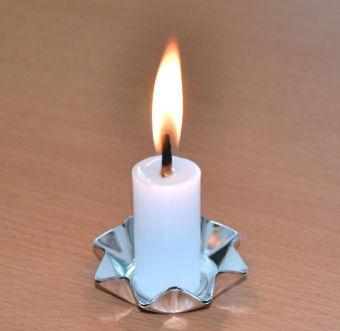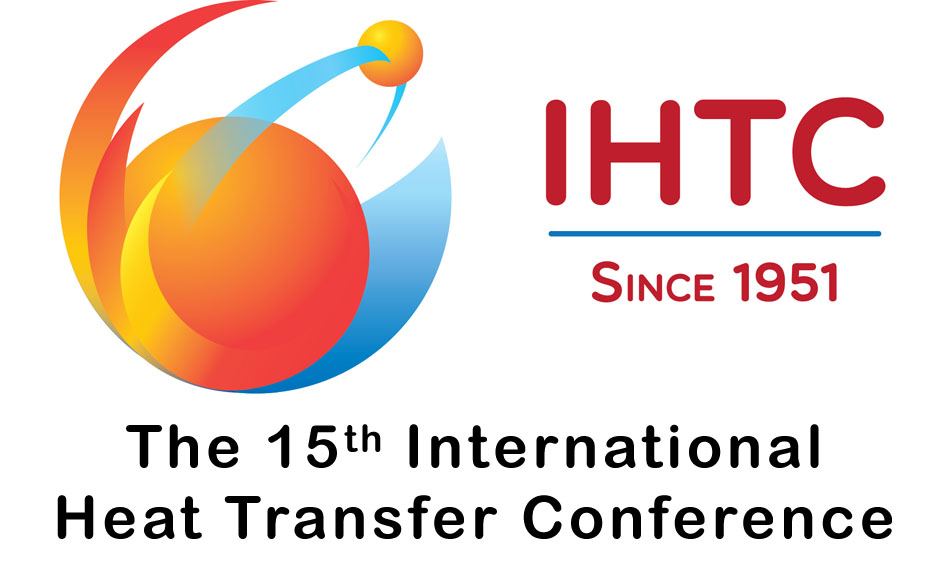Joule Energy Contest
|
♦ A contest for students of high schools and technical colleges One of the important missions of the organizing committee in the 15th International Heat Transfer Conference is to transcend the conventional framework of the academic conferences mainly opened for professionals by focusing upon the enlightening activities to the public. Needless to say, "Energy" is one of the most important keywords in Heat Transfer. We are going to hold a contest named as "Joule Energy Contest (JENECON)" for students of the Japanese high schools and technical colleges together with a public seminar of relevant topics to raise young people's awareness of energy and heat transfer. The subject of the contest is to lift up a weight of 0.5 kg to the height of 10 meters by using the thermal energy of a candle flame. Consequently, the participants are to compete for the thermal efficiency of their lifting mechanisms powered by candles. The participants who have passed the preliminary round will make their final presentations on August 9th at the Kyoto International Conference Center prior to IHTC-15. The "IHTC-15 Joule Prize" will be awarded to the team that achieves the highest thermal efficiency. Through the present contest, we hope that the young students realize the difficulties in converting thermal energy into mechanical energy and enjoy deep satisfaction in overcoming those difficulties by their own originality and ingenuity. JENECON home page


Toyonaka High School: Toyoko SSH Blog Kobe City College of Technology, KCCT: KCCT News Utokou High School: Utokou High School Blog Kasumigaoka Senior High School: SSH news 2014.08 ♦ Invited speaker for the public seminar

♦ Program of the IHTC-15 public session
Fukuoka Kasumigaoka Senior High School, Physics Club Osaka Toyonaka Senior High School, Electro-Physics Lab. Tokushima Prefectural Senior High School of Science and Technology, Micro-energy Lab. Tokushima, Wakimachi Senior High School, Team Udatsu Kumamoto Prefectural Uto Senior High School, Uto-Kumamons (The teams are assigned to A-F by drawing.) 13:15-13:25 Team A 13:30-13:40 Team B 13:45-13:55 Team C 14:00-14:10 Team D 14:15-14:25 Team E 14:30-14:40 Team F
"Solar Radiation Management: Buying Time to Avert Dangerous Global Heating" Professor Brian E. Launder, The University of Manchester, U.K.
|
Click here for download!


